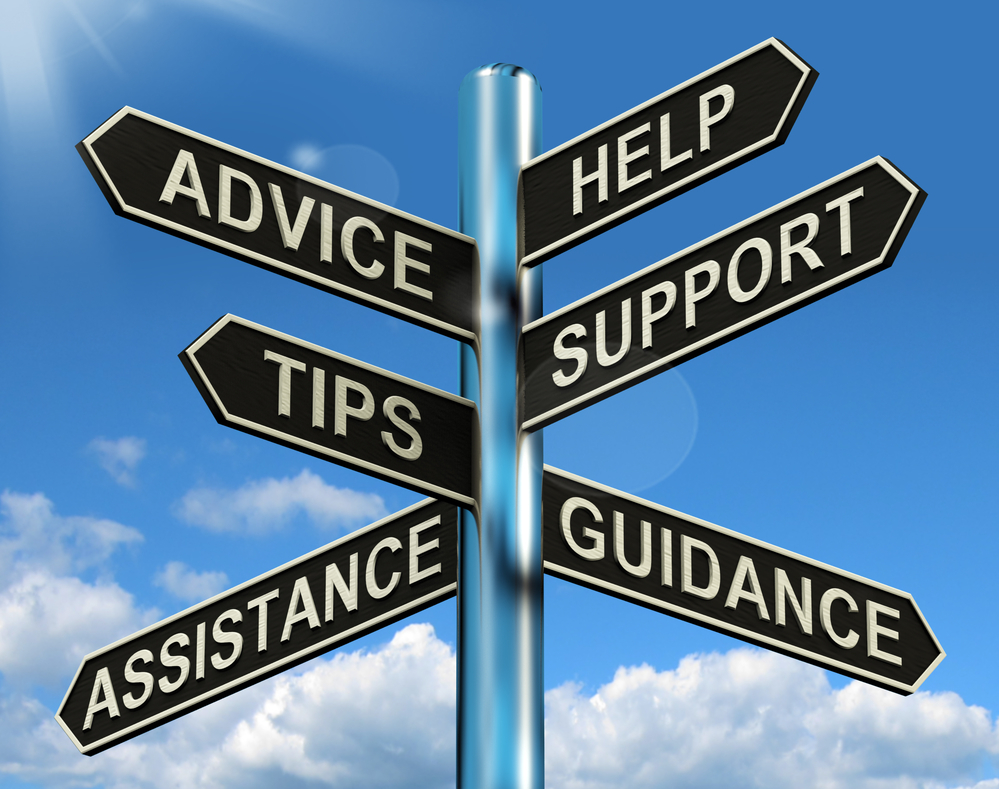“No thanks, I’m fine.”
When I am offered help in the kitchen, at the supermarket, or in the office, I almost always decline the offer. I even rebuff my husband when he offers assistance. Poor guy — he just wants to help!
Why do I do this? Do my self-esteem issues and fragile ego cause me to fear that I am needy and believe that this is a terrible thing?
As a therapist I have for years told clients and parents of young clients that it is a sign of strength to seek help.
Yes, I need to practice what I preach. Pursuing mental health counseling does not indicate weakness. It is a proactive step that requires us to be brave and move toward healing.
The process of seeking help can start with small steps like researching what options are available and making phone calls to find a provider with the appropriate expertise, schedule, and payment options. Sounds simple, but for many of us, this effort may feel overwhelming. I am so impressed with the people who manage to call our office seeking therapy for themselves or their child. They come in to an appointment with a clinician they have never met and bare their souls! It takes incredible strength to keep coming back and face difficult issues head-on, even with the support and guidance of a caring therapist. I am continually awed and inspired by our clients.
For many of us (including, for me), parenting is one of the areas in our lives in which we feel the most vulnerable. We so want our kids to thrive in our care. We look at other parents and think they have it all together and despair about what goes on in the privacy of our own homes. We assume peace presides in all others’ homes. To attend a parenting class, and indicate we could use some help, takes incredible strength. Yet, so many parents are willing to seek this parenting support and show up week after week to learn more.
Along those same lines, recognizing that our children need other adults in addition to their parents to provide positive influences in their lives takes strength. Parents who seek a mentor for their child through a program such as Big Brothers Big Sisters are not saying they are ineffective. They are showing amazing strength to reach out and pursue additional support for their family member.
The bottom line is we need the help of others to thrive in this world. Trying to go it on our own does not prove we are somehow tougher or more superior. Reaching out to services, programs, and educational opportunities—which are plentiful in our community—is an acknowledgment that we do better when we allow others to assist us.
I want to be changed by what I see in those who seek our agency’s services, starting with changing my own perspective on accepting help.
Nancy Ranck is a licensed marriage and family therapist and director of the Behavioral Health Program for the Family Service Agency.

